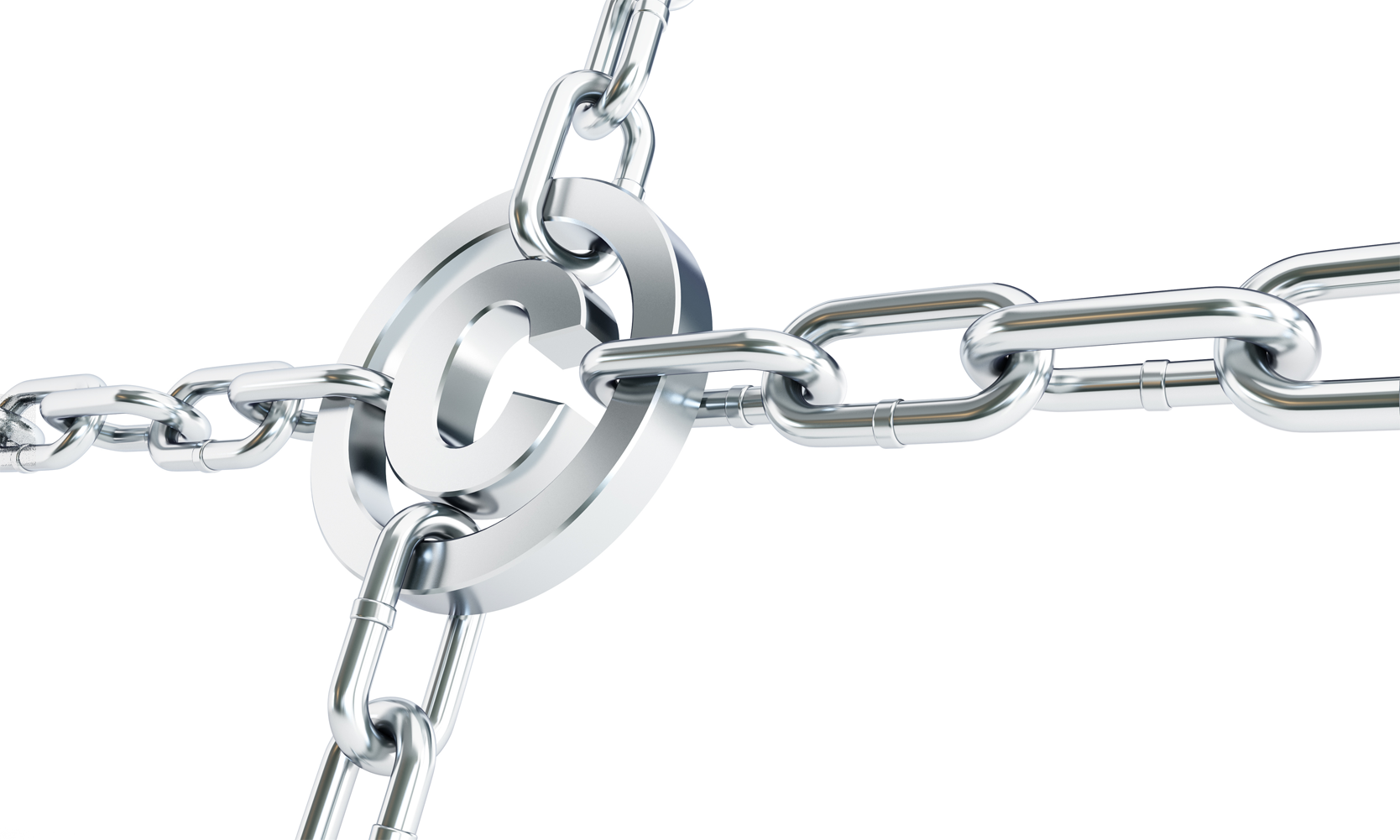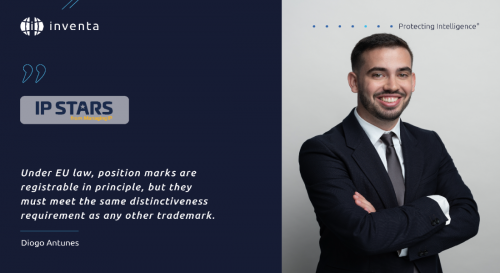
EU Court rules that hyperlinking can infringe copyright
The case reports back October 2011 when GS Media provided hyperlinks from its website Geenstijl.nl to external websites that hosted unpublished photographs of Dutch TV celebrity and hostess that were due in the next issue of the Playboy magazine. Sanoma Media Netherlands BV was the publisher of Playboy in the Netherlands.
Sanoma requested GS Media to remove the link to the infringing content that was hosted in FileFactory. Eventually, the infringing content was removed from FileFactory, but GS Media published new links to other websites that were publishing the photographs.
Afterwards, Sanoma sued GS Media and won the case both in the Amsterdam 1st instance court and the subsequent appeal. GS Media went one step further to the Dutch Supreme Court which requested legal guidance from the Court of Justice of European Union (CJUE).
The CJUE ruling was made available September 8th, 2016 and decision was that,
“…posting, on a website, hyperlinks to protected works, which are freely available on another website without the consent of the copyright holder, constitutes a ‘communication to the public’ within the meaning of that provision…”
The CJUE further ruled that it should be determined if those links are provided with lucrative purposes and if it could be reasonably known that the works were infringing copyright. Furthermore, the CJUE established a presumption that if the content was provided with lucrative purposes, the provider should take reasonable steps to ensure that he is not infringing copyright by linking to infringing websites.
While it was and still is illegal to “communicate to the public” works protected by copyright, the scope and extension of such restriction was not fully defined. With this decision, the CJUE has sided with Sanoma against GS Media by saying that the later did act illegally by communicating to the public (linking) protected works that were being infringed upon by a third party.
While some aspects remain unclear, such as the extent to which content providers are aware that they are infringing protect works, it is clear that the decision will have wide ranging repercussions to creators of online content and according to the Electronic Frontier Foundation, “The result will be that websites operating in Europe will be much more reticent to allow external hyperlinks, and may even remove historical material that contains such links, in fear of punishing liability”.
Territory List
There are no results for your search.
- Africa
- Algeria
- Angola
- Benin
- Botswana
- Burkina Faso
- Burundi
- Cameroon
- Cape Verde
- Central African Republic
- Chad
- Comoros
- Congo (Republic)
- Côte d'Ivoire
- Democratic Republic of the Congo
- Djibouti
- Egypt
- Equatorial Guinea
- Eritrea
- Eswatini (Swaziland)
- Ethiopia
- Gabon
- Gambia
- Ghana
- Guinea
- Guinea-Bissau
- Kenya
- Lesotho
- Liberia
- Libya
- Madagascar
- Malawi
- Mali
- Mauritania
- Mauritius
- Mayotte
- Morocco
- Mozambique
- Namibia
- Niger
- Nigeria
- Réunion
- Rwanda
- Sao Tome and Principe
- Senegal
- Seychelles
- Sierra Leone
- Somalia
- South Africa
- South Sudan
- Sudan
- Tanzania (mainland)
- Togo
- Tunisia
- Uganda
- Western Sahara
- Zambia
- Zanzibar
- Zimbabwe
- Africa (OAPI)
- Africa (ARIPO)
- Other
- East Timor
- Macao
- Maldives
- Portugal
- European Patent (EPO)
- European Union Trademark (EUTM)
- International Trademark (Madrid System)
- Patent Cooperation Treaty (PCT)




